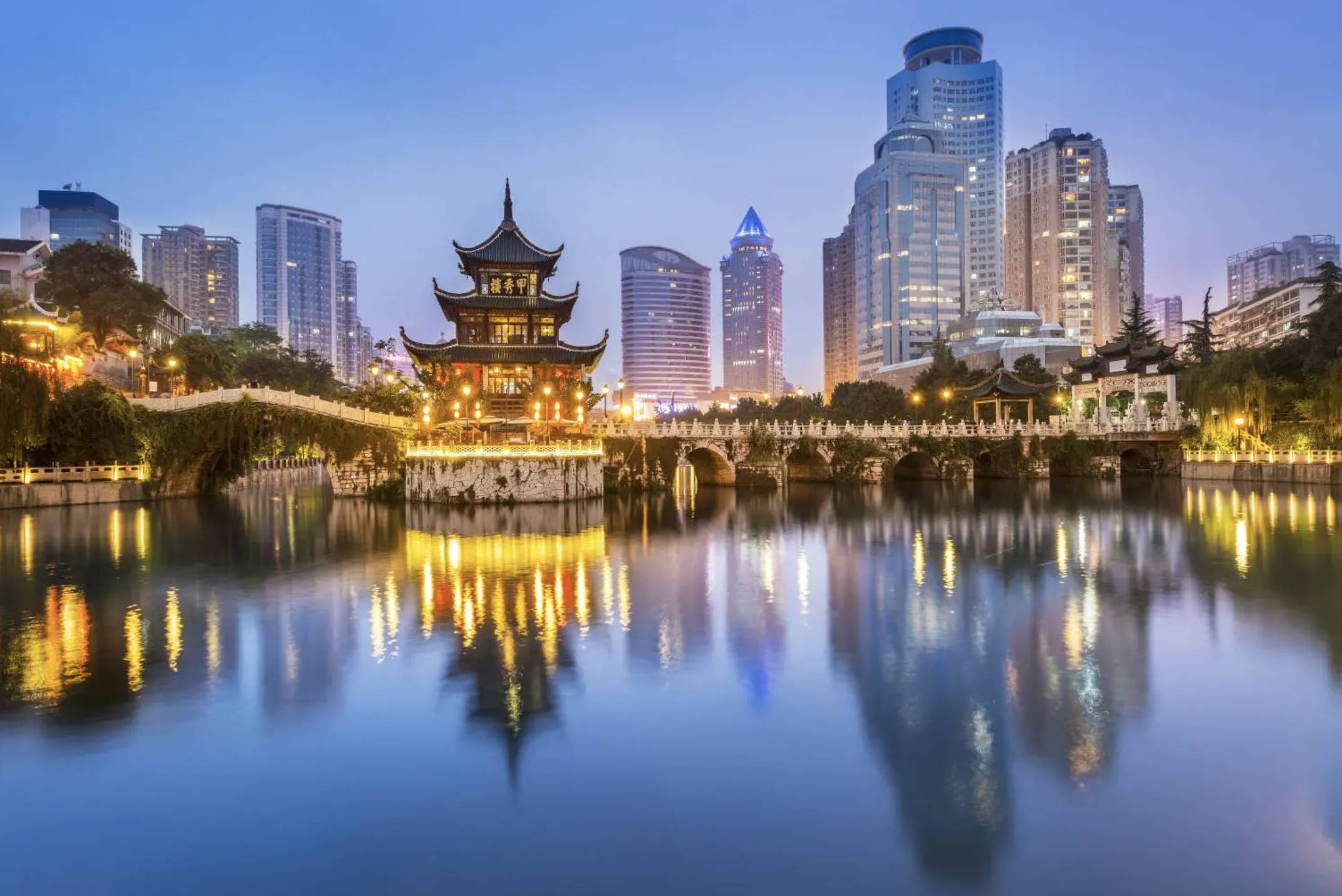Xi Jinping has been elected as the General Secretariat of the Communist Party of China for a precedent-breaking third consecutive term. It’s a historic event given the longevity of Xi’s power, which started in 2012 and will continue for the next five years.
However, the economic challenges that Xi will face are not simple. Achieving the “Chinese Dream”, which foresees the modernisation of the country by 2049, seems to be a long way off, given the recent estimates of GDP growth.
Before the pandemic the Chinese economy grew between 6% and 8%, however, according to the latest projections of the International Monetary Fund, growth is estimated at 3.2%. It’s the lowest ever recorded since 1976 (except for 2020 where China saw GDP growth of 2.24% during the pandemic).
Local problems and beyond
One of the big problems in China’s is that its property market is showing signs of distress and there are several reasons for this. Property developers are finding it difficult to fund and complete building projects, which is partly due to long lockdowns, which has caused disruption to building schedules.
Funding has also been a problem. Chinese banks have reduced the amount they’re willing to lend to the real estate sector to comply with government regulations on the maximum levels of leverage of credit institutions. The war in Ukraine has also contributed to a stall in economic recovery.
As a result, a growing number of Chinese consumers are boycotting mortgage payments on incomplete builds. Protests have made matters worse and put pressure on the liquidity of the real estate sector.
Despite these problems, China has set an overly ambitious growth target of + 5.5%, which many believe it can’t realistically achieve. Chinese leaders have since watered down these ambitions by saying the 5.5% growth target is a guide instead of a hard target.
While economic growth is hard to manage in this climate, there are also growing concerns over China’s succession plans. According to independent research house, Absolute Strategy Research, there is a risk that as the next leadership transition approaches, instability in the party may increase.
Third term uncertainties
Until now, the transition to power in China has been regulated, guaranteeing strong stability to the Chinese political system. However, this structure was undermined by Xi and his unbridled quest to obtain a third term as Secretary General of the Chinese Communist Party. This causes problems for the CCP in choosing the next successor.
According to several experts, one way would be to ensure that Xi’s future successor joins the Politburo Standing Committee (PSC) during the National People’s Assembly. This move would mark Xi’s clear intention to relinquish power in 2027, but presents three main problems:
- The pool of potential candidates is limited to the current PSC, but the problem is that by the time Xi is ready to hand over power there may not be an obvious successor. This is because of strict age limit rules stipulate that Politburo members must retire at 68.
- To bring in a young PSC designated successor from among the approximately 200 members of the larger Central Committee would result in skipping an entire generation of leaders. The younger successor would then have a target on their back as other senior leaders might look for ways to undermine it.
- Appointing a successor now would make Xi weak. There is a precedent: the chaos that characterised Hu’s second term (Xi’s predecessor) was partly due to a split at the top of the party. Xi’s presence undermined Hu’s ability to implement his political agenda and allowed the emergence of alternative power centers at the top of the party.
All these reasons have resulted in no clearly chosen successor that could take over from Xi.
Elevating Xi to the next level?
One way around the political instability could be to elevate Xi to a new level. Some think that the title of “president” could be restored. This way Xi would still be involved in the political arena even after the arrival of his successor, who would probably be chosen by him.
However, this would open other scenarios that the CCP (and Xi) will have to manage. The possible election of Xi as president could still create political problems and the first obstacle is the designation of a successor they can trust. If Chinese history is anything to go by, this doesn’t always work out as planned.
For instance, Mao Zedong (1893-1976) had his first designated successor Liu Shaoqi sentenced to death, while his second choice, Lin Biao, allegedly tried to start a coup but died in a plane crash while on the run after his plot had been discovered. On his deathbed, Mao eventually chose Hua Guofeng but he lacked the political power to remain at the helm for more than a few years. If China were to go back a system where the supreme leader serves for life, there’s a danger that Xi could fall out with any chosen successor too.
After Xi: succession problems
Xi’s third term will no doubt be plagued by the succession problem. His office may guarantee stability at the top of the party, but in the long run this situation could increase the chances of political instability. Furthermore, any chosen successor (even if it is done well in advance) needs to make sure they keep Xi’s good books, which could result in too much flattery and not enough direct and practical political advice.
*As with all investing, financial instruments involve inherent risks, including loss of capital, market fluctuations and liquidity risk. Past performance is no guarantee of future results. It is important to consider your risk tolerance and investment objectives before proceeding.





